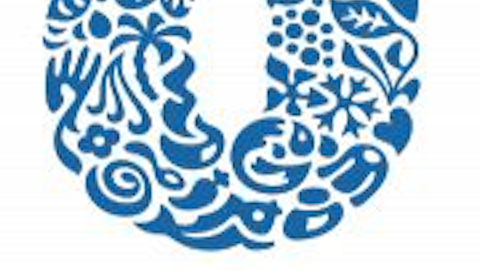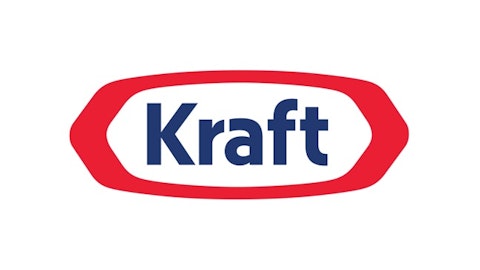How much debt does it have?
While you and I work hard to live debt-free, most companies that we invest in do carry debt. Sometimes a lot of debt. But that’s not necessarily a bad thing.
When looking at a company’s net debt — its debt minus the cash it has in the bank — you also want to see how easily it can pay down that debt.
In Unilever’s case, it carries 7.4 billion euros in net debt (as reported at the end of 2012). This is down from 8.8 billion euros at the end of 2011 and up from 6.7 billion euros of debt in 2010.
While investing in a company that carries billions in debt may seem scary, remember that the company is also making billions each year. And in Unilever’s case, it generated operating profits to the tune of a whopping 6.7 billion euros in 2012, a healthy debt-to-operating-profits ratio of about 1.1:1.
Is Unilever going to pay you dividends?
After looking at the money a company makes alongside what it owes, there’s one final number to pay attention to in the case of income-generating shares like Unilever.
Dividend growth.
A dividend is cash paid to you (typically twice a year) as a shareholder of the company. You want to look for companies with a good track record of dividend growth and a good strong balance sheet to cover that dividend. Last year, Unilever paid out 2.7 billion euros in dividends, which was nicely covered 1.7 times by free cash flow.
Combine Unilever’s strong cash flows, relatively low debt in relation to its operating profits, and healthy cash on the balance sheet (2.5 billion euros) and dividend investors can take comfort that the dividend is well-protected.
Though Unilever is one of the rare companies in the U.K. that pay quarterly dividends, let’s take a look at the payouts over the past three years.
Unilever has increased its annual dividend from 71 pence per share in 2010 to 78 pence in 2011, and most recently it reached 79 pence in 2012. The company also upped its first-quarter 2013 dividend to 22.91 pence — a 16% increase.
While Unilever’s forecast yield of 3.2% trails the market average, this is mostly a reflection of the strong rise in share price in the past year. Following this analysis, income investors should be reassured that Unilever’s dividend is safe. The question investors have to ask is, “Can the dividend continue to grow?”
And the verdict is in on Unilever!
Of course, anyone investing in Unilever today knows that it’s all about what it can do from here.
The company has a long list of popular products that people know and love. It’s building its brand internationally and has proven it will use its money wisely to expand into new markets. For me, it’s a share I’ll happily continue to own.
And great news for interested investors — my fellow Motley Fool analysts seem to agree with me!
The article 3 Things You Need to Know About Unilever originally appeared on Fool.com is written by Jill Ralph.
Jill Ralph owns shares of Unilever. The Motley Fool recommends and owns shares of Unilever.
Copyright © 1995 – 2013 The Motley Fool, LLC. All rights reserved. The Motley Fool has a disclosure policy.


